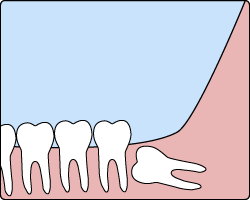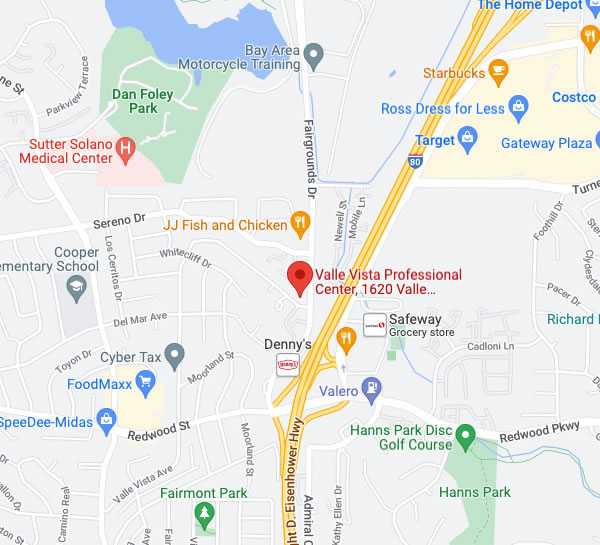
Wisdom teeth are types of molars found in the very back of your mouth. These teeth usually appear in late teens or early twenties but may become impacted (fail to erupt) due to lack of room in the jaw or angle of entry. The most common type of impacted wisdom tooth is “mesial”, meaning that the tooth is angled forward toward the front of your mouth.
When a wisdom tooth is impacted, it may need to be removed. If it is not removed, you may develop gum tenderness, swelling, or even severe pain. Impacted wisdom teeth that are partially or fully erupted tend to be quite difficult to clean and are susceptible to tooth decay, recurring infections, and even gum disease.
Each patient's situation is unique. Your dentist will usually take a panoramic X-ray to determine whether your wisdom teeth will need to be removed. If your dentist recommends removal of your wisdom teeth, it is best to have them removed sooner rather than later.
Wisdom teeth are typically removed in the late teens or early twenties because there is a greater chance that the teeth's roots have not fully formed and the bone surrounding the teeth is less dense. These two factors can make extraction easier, as well as making the recovery time much shorter.




